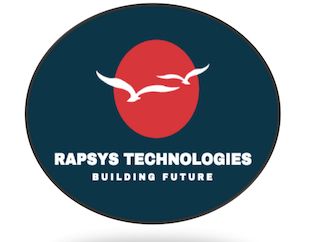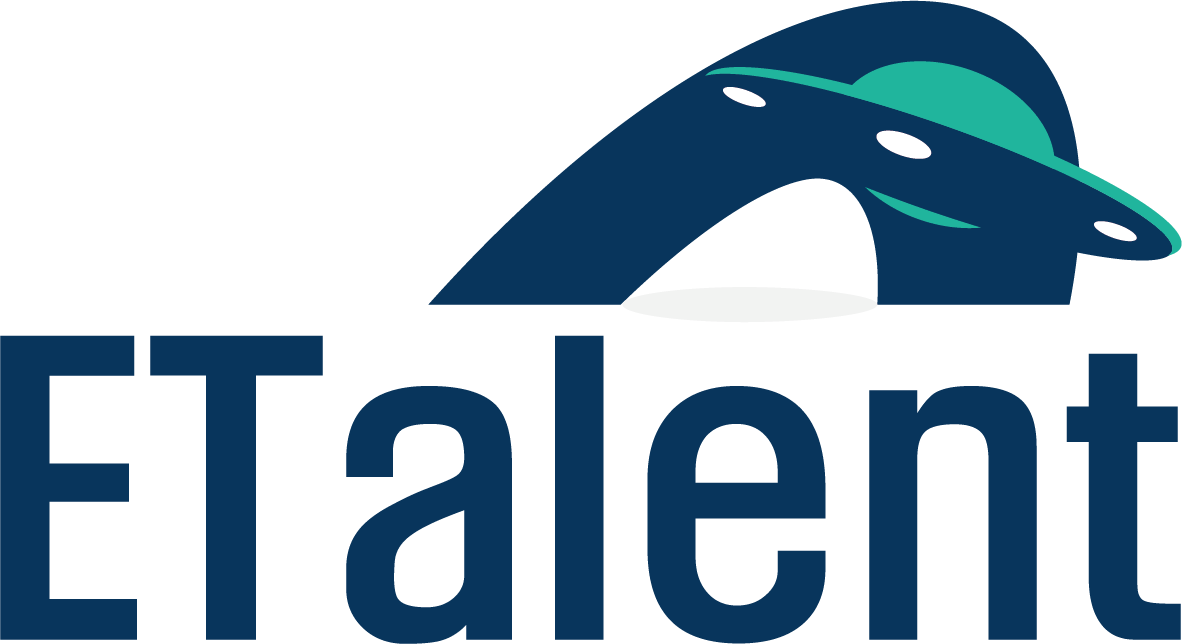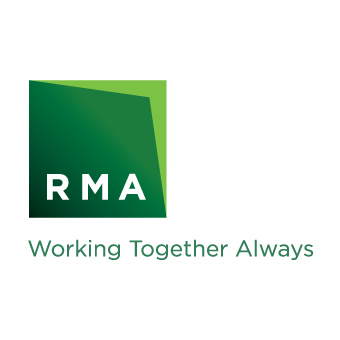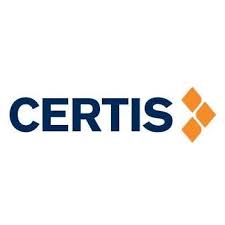The scope of work for a Facility Technical officer typically includes tasks and responsibilities related to maintaining, operating, and ensuring the proper functioning of building systems and facilities. These technicians are essential for managing the physical infrastructure of a building, ensuring safety, comfort, and efficiency. Below is a typical scope of work for a Facility Technical Officer:
1. Preventive and Corrective Maintenance
- ACMV Systems: Regular inspection, maintenance, and troubleshooting of heating, ventilation, and air conditioning systems.
- Electrical Systems: Inspect, maintain, and repair electrical systems, including lighting, power outlets, circuits, and backup generators.
- Plumbing: Monitor and maintain plumbing systems, including pipes, faucets, restrooms, and water heaters.
- Fire Safety Systems: Check fire alarms, extinguishers, sprinklers, and emergency lighting systems to ensure they comply with regulations.
- Elevators & Lifts: Perform routine inspections and maintenance on elevators, lifts, and other mechanical transport systems.
2. Building Systems Management
- Building Automation: Monitor and operate building automation systems (BAS) for optimal performance.
- Energy Management: Track and optimize energy usage through systems like lighting controls, ACMV efficiency, and energy-saving measures.
- Safety and Security Systems: Ensure proper functioning of CCTV cameras, access control systems, and alarm systems.
- Indoor Air Quality: Regular checks of air quality, ventilation, and filtration systems to maintain comfort and health standards.
3. Troubleshooting and Repairs
- Diagnose problems with facility equipment and systems.
- Implement repairs to prevent downtime or discomfort for building occupants.
- Document all repairs and maintenance activities, including time spent and materials used.
4. Custodial and Housekeeping Support
- Provide support for building cleanliness through coordination with custodial staff to ensure hygiene standards are met.
- Assist in setting up for special events or changing configurations for space usage.
5. Compliance and Regulatory Standards
- Ensure all facility systems are in compliance with local building codes, safety regulations, and environmental guidelines.
- Conduct regular inspections to ensure health, safety, and fire compliance.
- Maintain records of inspections, maintenance, and repairs for audits or regulatory review.
6. Vendor and Contractor Coordination
- Coordinate with external contractors for specialized services (e.g., landscaping, pest control, major repairs).
- Oversee contracted work to ensure it meets safety and quality standards.
- Assist with obtaining bids for maintenance contracts or services as needed.
7. Facility Upkeep and Improvement
- Assist in planning and executing minor building improvements or refurbishments.
- Manage inventory of equipment and supplies, ensuring timely replacements.
- Participate in facility assessments to identify areas for improvement.
8. Emergency Response
- Respond to facility-related emergencies, including water leaks, electrical issues, fire alarms, or ACMV failures.
- Assist in executing emergency evacuation plans and ensuring building readiness for any crises.
9. Documentation and Reporting
- Maintain accurate records of repairs, maintenance schedules, and equipment performance.
- Generate reports on facility conditions, work completed, and potential issues.
- Monitor facility performance metrics and assist with budgeting for future improvements.
10. Communication and Coordination
- Work with facility managers, building tenants, and other stakeholders to communicate issues and maintenance schedules.
- Provide updates to management on ongoing projects or urgent repair needs.
























